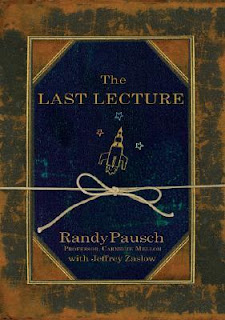Amazon
Barnes & Noble
Goodreads
Eva Mozes Kor was just 10 years old when she arrived in Auschwitz. While her parents and two older sisters were taken to the gas chambers, she and her twin, Miriam, were herded into the care of the man known as the Angel of Death, Dr. Josef Mengele.
Subjected to sadistic medical experiments, she was forced to fight daily for her and her twin's survival. In this incredible true story written for young adults, readers will learn of a child's endurance and survival in the face of truly extraordinary evil.
The book also includes an epilogue on Eva's recovery from this experience and her remarkable decision to publicly forgive the Nazis.Through her museum and her lectures, she has dedicated her life to giving testimony on the Holocaust, providing a message of hope for people who have suffered, and working for causes of human rights and peace.
I don't know why I continue to do this to myself.
Hey, I think,
I haven't read anything scary in a few days. Why not pick up a WWII memoir?
You would think I'd know better. Clearly, I am a glutton for punishment. But I am fascinated by the atrocities and heroics of the early 1940s, so I read on.
Josef Mengele was a truly horrifying
doctor human being monster who experimented on Jewish prisoners held at Auschwitz concentration camp. He was especially interested in twins: how they came to be; how they were the same and different; how he could create twins and multiples in order to grow the Aryan German race. He would inject one twin with a deadly disease and when that child died, he would kill the other one so he could study the differences between the two.
Like I said, horrifying.
I imagine Eva Mozes Kor as an old woman, sitting in an old leather chair in a small cozy room, recounting her story for posterity. I can't even begin to imagine the strength involved for a child of ten to survive Mengele's experiments.
This is a great book for younger teens who are learning about the Holocaust. It's not terribly graphic and feels more like a grandmother telling her grandchildren about growing up during that time period.
I received a copy of this book from NetGalley in exchange for my honest review.





















